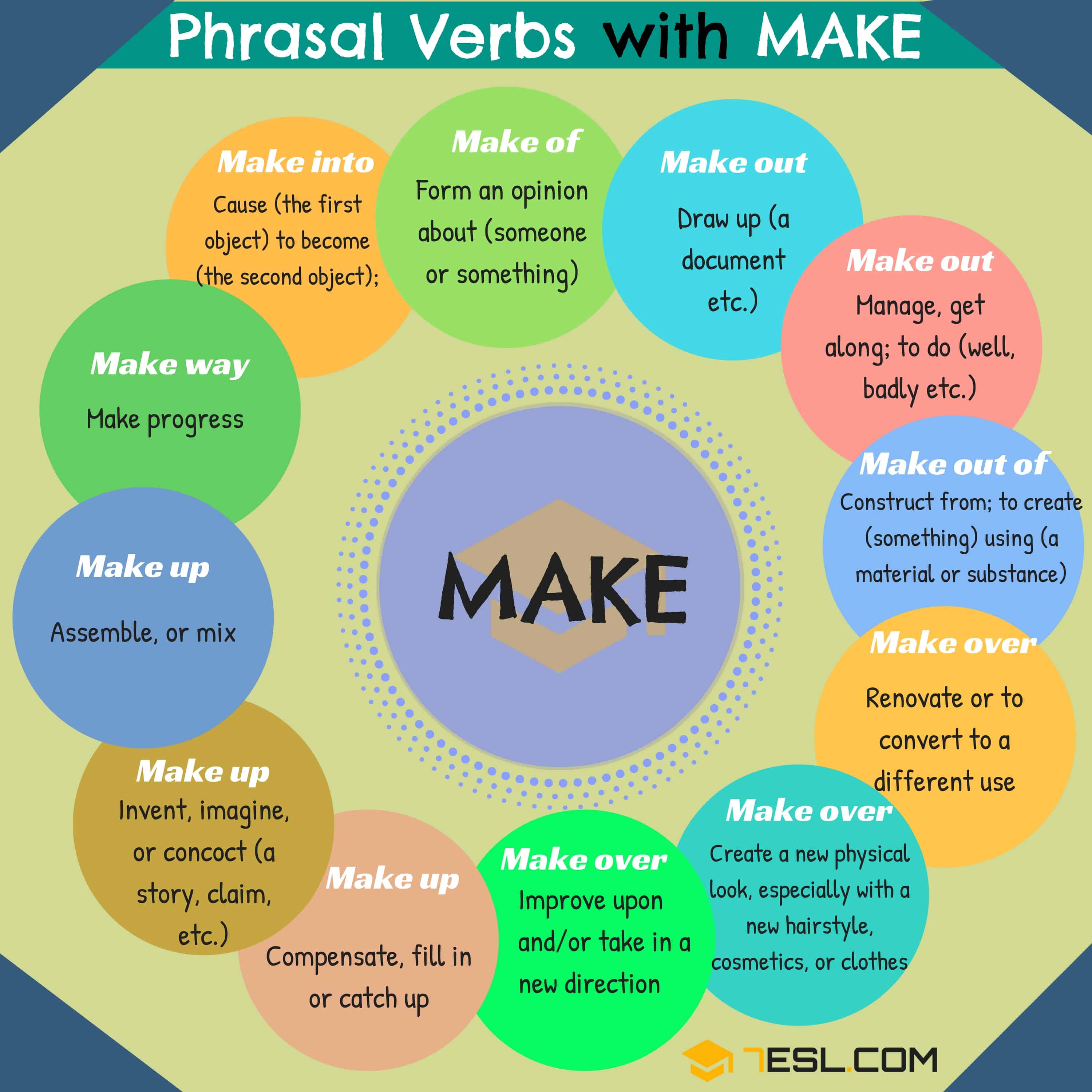
Have you ever found yourself puzzled by the phrase "would make for" in English conversations or texts? You're not alone. This common English phrase can be a bit tricky to grasp, especially for those learning the language. But fear not! By the end of this article, you'll have a clear understanding of what "would make for" means, how to use it correctly, and why it's a valuable addition to your vocabulary. So, let's dive in and demystify this expression together!
Understanding English Expressions: The Basics
English is a language rich with idioms and expressions that can sometimes leave even native speakers scratching their heads. "Would make for" is one such expression that often crops up in everyday conversations. To understand it, let's break it down into simpler components.
Breaking Down "Would Make For"
Imagine "would make for" as a recipe ingredient. Just as a pinch of salt can enhance the flavor of a dish, "would make for" can add depth and nuance to your sentences. The phrase is used to suggest a result or consequence of a particular action or situation. It's like saying, "This action would lead to that outcome." For example, "Taking a nap would make for a more productive afternoon." Here, "would make for" indicates that napping will result in a more productive afternoon.
Grammar Explanations: The Role of "Would"
In English grammar rules, "would" is a modal verb that often indicates a hypothetical or conditional situation. It's used to express what might happen under certain conditions. When combined with "make for," it creates a phrase that discusses potential outcomes. Think of "would" as the engine that drives the hypothetical scenario, and "make for" as the destination you're heading towards.
Language Learning Tips: Mastering "Would Make For"
Now that we have a basic understanding, let's explore some practical tips to help you master this phrase. Remember, practice makes perfect, so don't be afraid to use "would make for" in your daily conversations and writings.
Practice with Examples
One of the best ways to learn is by doing. Here are a few examples to get you started:
- "Studying regularly would make for better grades."
- "A healthy diet would make for a happier life."
- "Taking a break would make for a more relaxed evening."
Notice how "would make for" is used to suggest a beneficial outcome. It's a great way to express your thoughts on what could happen if a certain action is taken.
Common English Phrases: Context Matters
Context is key when it comes to understanding and using common English phrases. "Would make for" is no exception. Pay attention to the context in which it's used. Is it suggesting a positive outcome? A negative one? Understanding the context will help you use the phrase more accurately.
Expanding Your Vocabulary: Related Phrases
To truly master "would make for," it's helpful to explore related phrases and expressions. This will not only expand your vocabulary but also give you a deeper understanding of how to use "would make for" effectively.
Synonyms and Alternatives
Here are a few synonyms and alternatives to "would make for" that you can use in your conversations and writings:
- "Would result in" – "Taking a nap would result in a more productive afternoon."
- "Would lead to" – "Studying regularly would lead to better grades."
- "Would contribute to" – "A healthy diet would contribute to a happier life."
Each of these phrases can be used interchangeably with "would make for," depending on the context and the nuance you want to convey.
Conclusion
So, what does "would make for" mean? It's a phrase that suggests a potential outcome or consequence of a particular action or situation. By understanding its components and practicing with examples, you can master this common English expression and add it to your vocabulary. Remember, language learning is a journey, and every new phrase you learn is a step forward.
Now, it's your turn. Try using "would make for" in a sentence and share it in the comments below. Let's learn together and make language learning a fun and engaging experience!
FAQs
1. What is the difference between "would make for" and "would lead to"?
"Would make for" and "would lead to" are often used interchangeably, but "would make for" tends to suggest a more immediate or direct result, while "would lead to" can imply a more gradual or long-term outcome.
2. Can "would make for" be used in the past tense?
Yes, you can use "would make for" in the past tense by changing "would" to "would have made for." For example, "Taking a nap would have made for a more productive afternoon."
3. Is "would make for" formal or informal?
"Would make for" can be used in both formal and informal contexts. Its formality depends on the context and the tone of the conversation.
4. Are there any regional variations in the use of "would make for"?
While "would make for" is widely used in English-speaking countries, there might be slight variations in usage and preference. However, it is generally understood and used similarly across different regions.
5. Can "would make for" be used in negative sentences?
Yes, "would make for" can be used in negative sentences. For example, "Not studying regularly would make for poor grades."
```
Posting Komentar